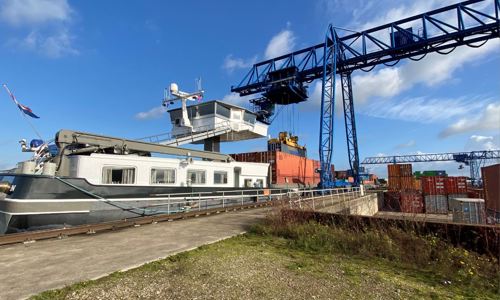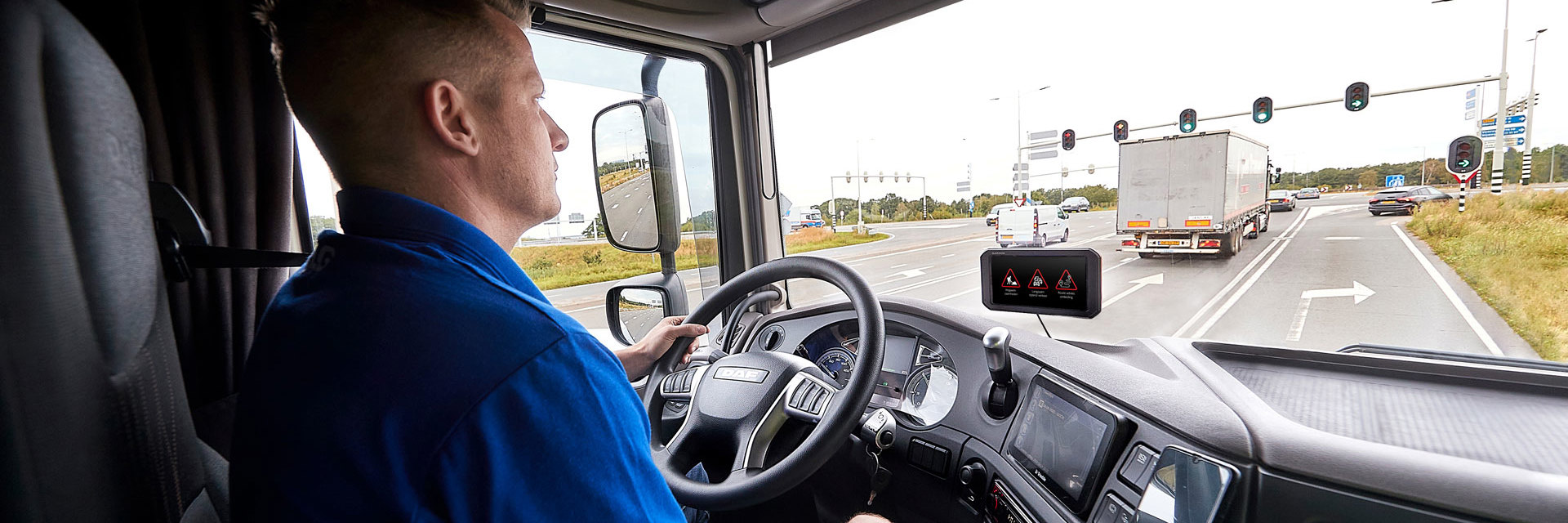
CO2 neutral from the farm to the customer
As Arno Huijsmans, Agro Logistics Manager at Cosun Beet Company, explains, "Cosun Beet Company wants to accelerate the process of making the supply chain, from farm to customer, more sustainable, and eventually CO2 neutral. MCA Brabant investigated which means of transport are best for transporting the beet from the most remote regions. The research results showed that combined transport, organised around transportation by ship, generates the lowest CO2 emissions and costs, with performance being better than transportation by lorry. We started this pilot in order to find out whether this form of transport actually leads to lower CO2 emissions, better control of the logistical costs and guaranteed raw material supplies to the factories."
"It is fantastic that Cosun Beet Company gave us the opportunity to find an answer to the question of how to organise the logistics in a smarter way. This pilot is the result of the collaboration between the parties. Fewer lorries on the road means lower CO2 emissions, better traffic flows and improved accessibility of the town and region." – Theo Stevens, SmartwayZ.NL
Quality test
John Huizing, Project Manager at MCA Brabant, adds, "It is also important to determine the consequences of the various options for the quality of the beet. The more they are handled, the more they are damaged and this affects quality and with that the yield. The pilot involves beet being transported from the producers by ship, as well as in 5 trucks that travel directly to Dinteloord. Samples are taken to determine the impact on quality."
Follow-up to the pilot
Three container ships with containers full of sugar beet sailed from Born to Moerdijk in the week of 8 November. A pilot had already taken place whereby bulk consignments of the beet were unloaded onto the ship. We are now going to carry out an extensive evaluation during which attention will be paid to the above-mentioned aspects, the costs and the CO2 impact.

